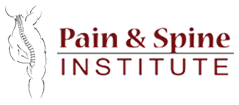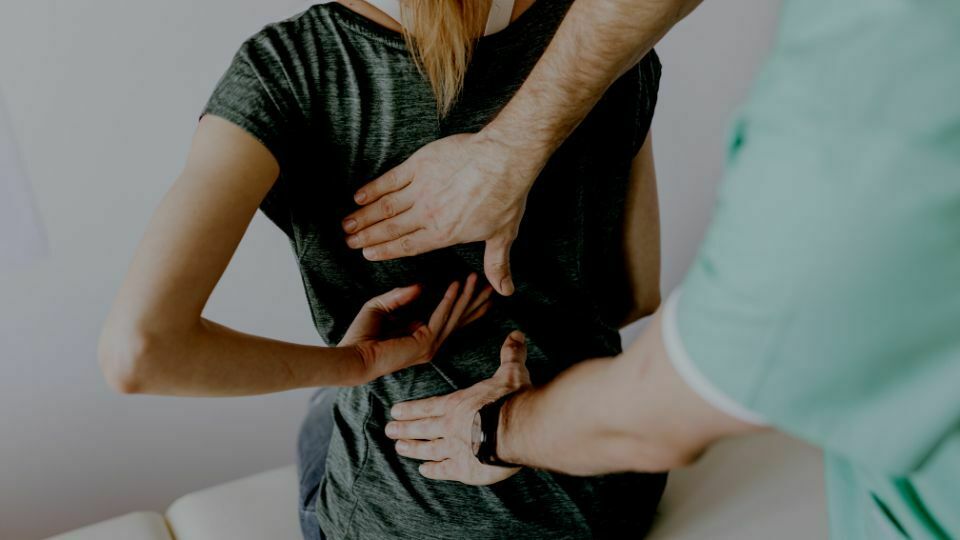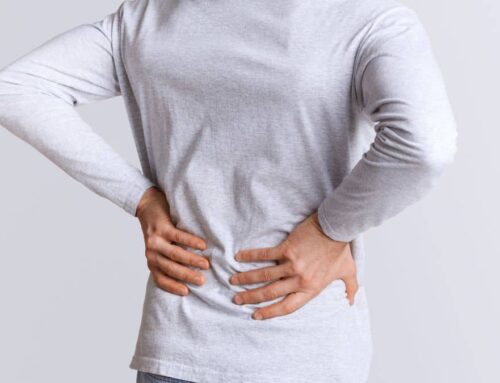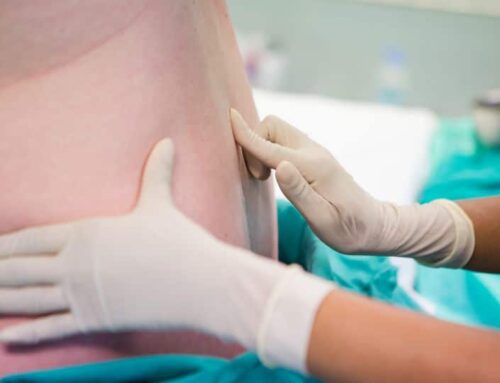Do you get up in the morning and stretch your arms over your head, arching your back and cracking it in the process? Or do you find yourself sitting at the desk, hunched over your computer with tension building in your shoulders? If you crack your back frequently or if it cracks on its own, you may wonder if this habit is harmful.
The answer isn’t as simple as a yes or no. While popping your back may not cause immediate harm, there is evidence that it could lead to long-term damage.
Why Do Joints Crack?
Joints crack when the cartilage that covers the ends of bones rubs against each other, forming a vacuum. It is called cavitation, and it can happen in any joint in your body. When this happens, you may feel a popping sensation followed by relief from pain or stiffness. Some people believe that cracking their joints can help relieve pain, but no scientific evidence supports this claim.
There are two types of cracking: primary and secondary. Primary cracking is when you crack your joints without any assistance. Secondary cracking is when someone else helps you crack your joints, such as a chiropractor or massage therapist.
Why Is Cracking the Back Bad for You?
Recent research by the Uniformed Services University of the Health Sciences, Bethesda, Md., found that people who cracked knuckles over a long period were no more likely to develop arthritis than those who didn’t.
Here are the risks involved with back cracking:
1) You can herniate a disc: When you crack your back, you’re putting stress on your spinal discs. It can make the gel-like center of the disc push out and irritate the nerves surrounding it. You’re also at risk for a slipped disc, which can happen when the outer layer of the disc tears.
Can’t sleep due to lower back pain? Read this article for tips for sleeping peacefully when you have lower back pain.
2) You can fracture a vertebra: If you have osteoporosis or another condition that weakens your bones, you’re at a higher risk for this type of injury. If you fracture a vertebra, you may need surgery to repair it.
3) You can injure your ligaments: The popping sound you hear when you crack your back results from gas bubbles bursting in your joints. But if you extend your spine too far, you can overstretch or tear the ligaments that hold your vertebrae together. This injury can be excruciating and may require surgery to fix.
Pain and Spine Institute is a spine specialist Chicago. Our clinic offers the latest and advanced treatment options for all spine conditions. We work with specialists like neurologists, physiatrists, and pain management physicians to provide our patients with the best care possible.




